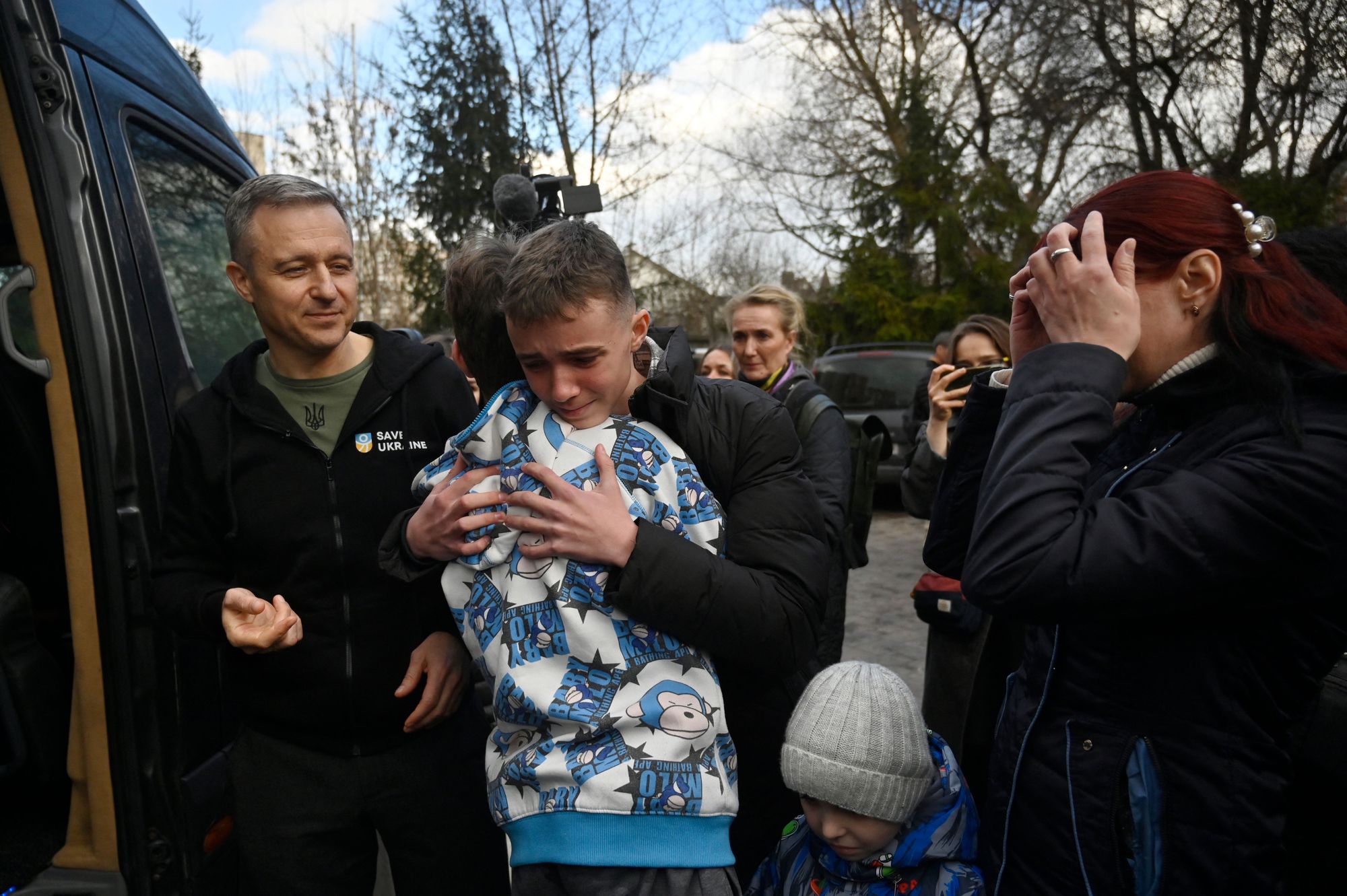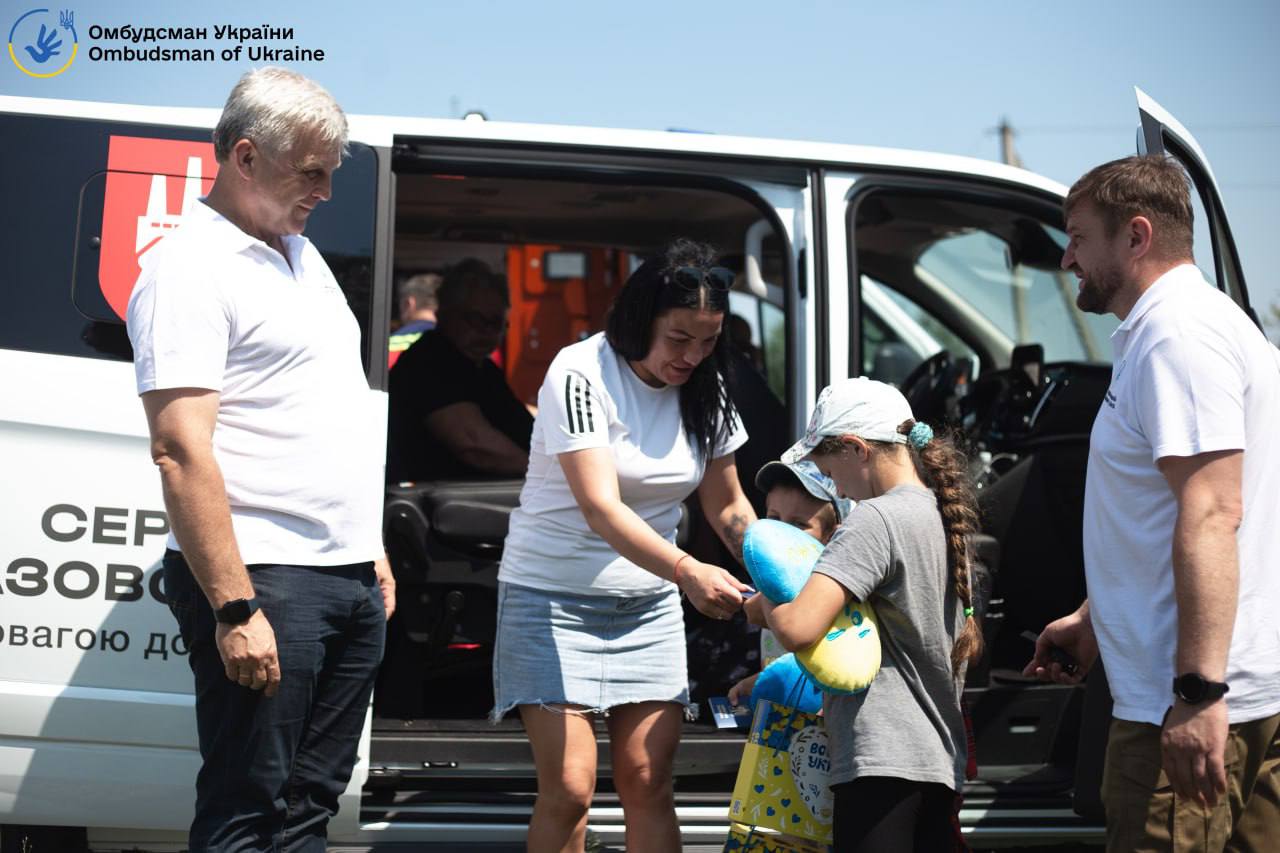Elena Milskaya, the wife of the head of the Russian Emergency Situations Ministry, Aleksandr Korenkov, is reportedly involved in the deportation of Ukrainian children to Russia, according to an investigation published on Aug. 21 by the independent Russian media outlet Proekt.
Milskaya has reportedly helped organize the deportation of Ukrainian children from Russian-occupied Donetsk since 2014, when Russia first invaded Ukraine.
Volunteers from an organization led by Milskaya along with the Emergency Situations Ministry reportedly deported children from the previously occupied parts of Ukraine's Kherson Oblast in October 2022, a month before the city's liberation by Ukrainian forces in November of last year.
Volodymyr Sahaydak, the head of a social center in Kherson Oblast told reporters that at the time, he was informed "that if there was any resistance, soldiers would come, pack us up with the children and take them away."
The children were allegedly deported to Russian-occupied Crimea and Krasnodar Oblast in Russia.
In December 2022, Milskaya also announced the creation of 12 regional centers "for military sports education and patriotic training of youth" in Russia and Russian-occupied Ukraine, where teenagers aged between 14-18 would undergo military training, according to the investigation.

Russian Presidential Commissioner for Children's Rights Maria Lvova-Belova claimed that 700,000 Ukrainian children had been brought to Russia since the start of the full-scale invasion, in a mass deportation of Ukrainian children.
She said about 4.8 million Ukrainians have been "accepted" into Russia and claimed most children arrived with relatives. The numbers include 1,500 children who lived in orphanages or state institutions.
The International Criminal Court issued arrest warrants for Lvova-Belova and Russian dictator Vladimir Putin for their involvement in the forced deportation of Ukrainian children during Russia's full-scale war against Ukraine.
In February, Putin praised Lvova-Belova for her work overseeing the deportation of Ukrainian children, portraying it as a so-called “humanitarian effort” to “protect Russian citizens.”
In Russia, deported Ukrainian children are placed in hotels, summer camps, recreation centers, and shelters, where the conditions are often poor, according to a report by a coalition of Ukrainian NGOs that documents Russia's war crimes.
A study by the Yale School of Public Health shows that Moscow has established a whole "network of re-education and adoption facilities" in Russia and occupied Crimea, with 43 camps where Ukrainian children have been held since Feb. 24, 2022, already identified.
International Criminal Court Prosecutor Karim Khan said he believes Russia is treating children like “spoils of war," and that the Kremlin does not seem to be denying the allegations against it but rather wearing it “like a badge of honor."
Russia withdrew from the ICC in 2016 following its criticism of Russia's illegal annexation of Crimea.
More than 19,500 children have been identified by the Ukrainian government as having been deported. Three hundred eighty-five of them have been brought back to Ukraine.













